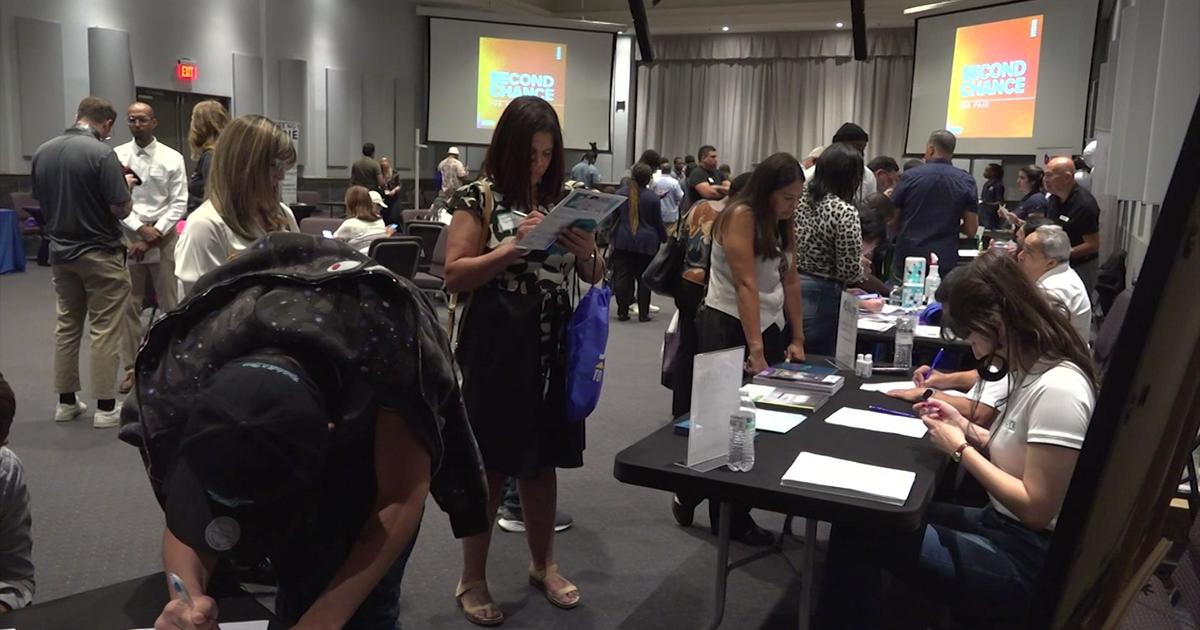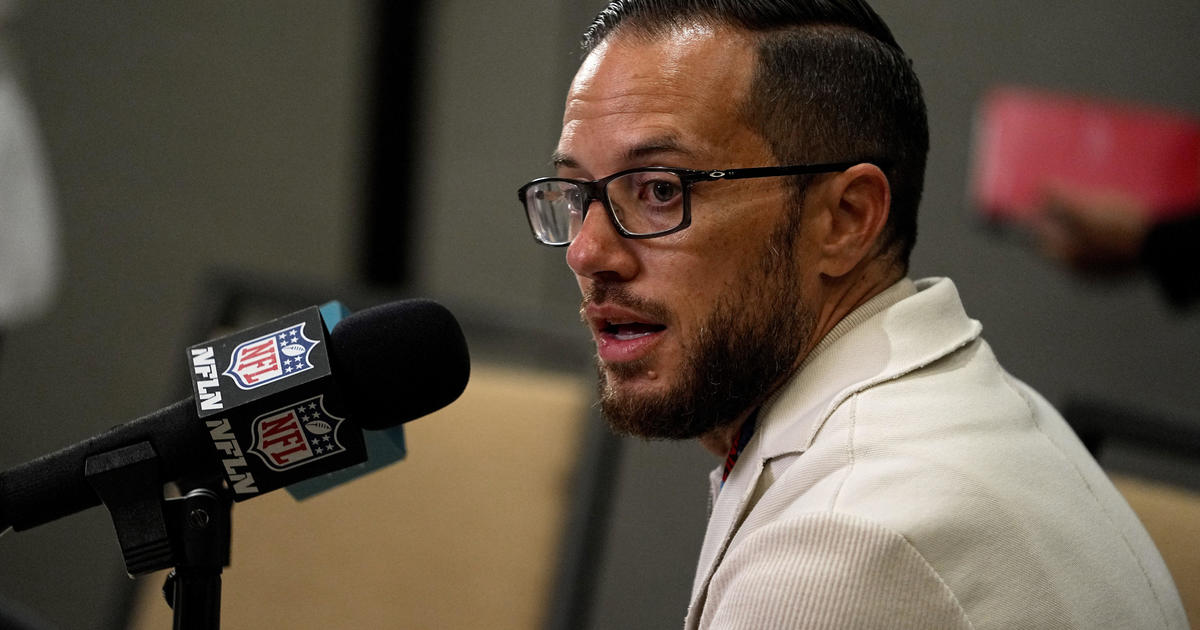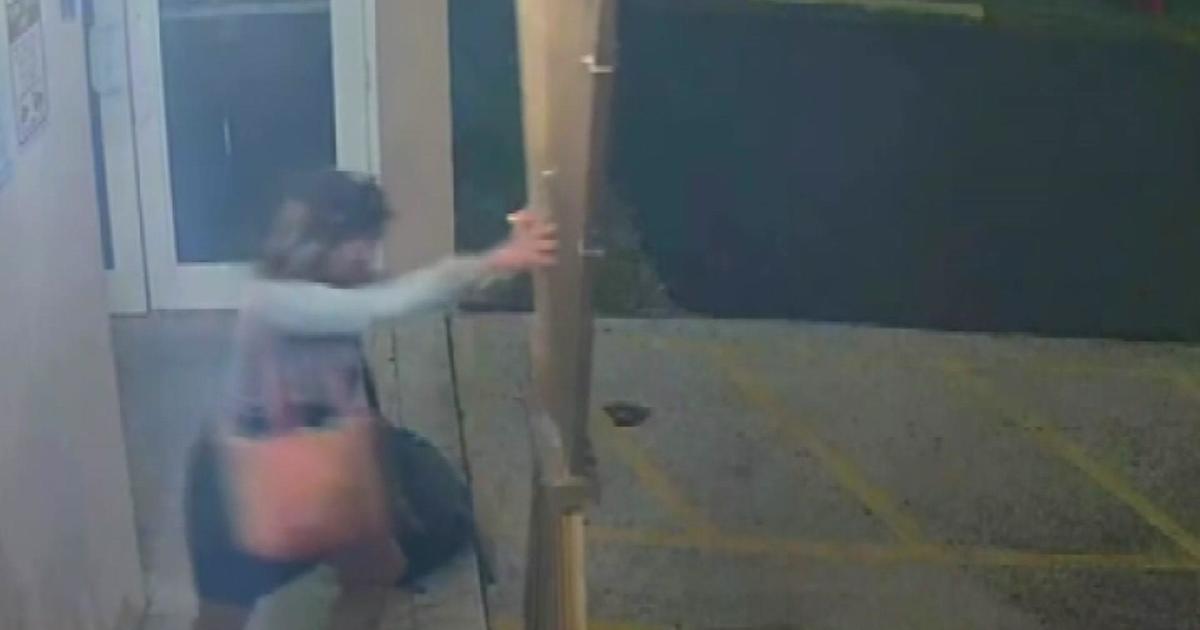A Better Chance For A Baby
MIAMI (CBSMiami) - Seeing their first baby is a miracle for Toni and Ryan Carlson. The road to get to this point had been tough. The couple had been trying to get pregnant since their wedding three years ago.
"It's a combination of amazement and relief," Ryan Carlson told CBS4's Rhiannon Ally.
"I'm gonna cry! It's not real yet," said Toni Carlson.
And this is the machine that helped. This new incubator is called an embryoscope. It's a device that doctors say dramatically increases the success of fertility treatment.
"All of us have seen an increase in pregnancy rate," explained Dr. David I. Hoffman.
A traditional embryoscope still works for many women. But scientists have to remove the embryo to monitor it, which can compromise it. With the embryoscope, they can monitor it inside this machine the entire time.
"To observe them we have to put them on a microscope, which is not a controlled environment. Conditions in the room might stress the embryo," Dr. Hoffman said.
Instead, timelapse cameras inside the embryoscope allows the embryologists such as Kathleen Miller at IVF Florida, to monitor every single step. This way only the strongest embryos will be implanted.
This is the Carlson's baby. The first cell from the moment of fertilization. The embryo is photographed as it multiplies for five days before it's transferred.
"Now I can look at every moment of an embryos development," said Miller.
This "mom to be" Olga Salgadl is her second round of I-V-F. The first, using a traditional incubator, was unsuccessful.
"It's very emotional. You get your hopes up. You keep praying and hoping," said Salgadl.
This second round, her embryos were monitored through the embryoscope. She's now expecting her baby in the Spring.
"I'm very happy that I was finally able to conceive a baby," Salgadl told Rhiannon.
Dr. Hoffman said Salgadl is one of 26 successful pregnancies at IVF Florida since last March. He said the embryoscope has the potential to be a game-changer. He says the ability to choose better embryos also helps cut down on the risks of having multiples.
"Anything we can do to make IVF more efficient and make healthy babies and really the desired result is one kid at a time," said Dr. Hoffman. We're in the business of creating families with one child at a time optimally, not a litter."
And for the Carlson's, it offers new hope for the future of fertility it offers new hope for the future of fertility treatment and the future of their family.
"I just hope he's healthy...and we're good parents," said the Carlson's.



